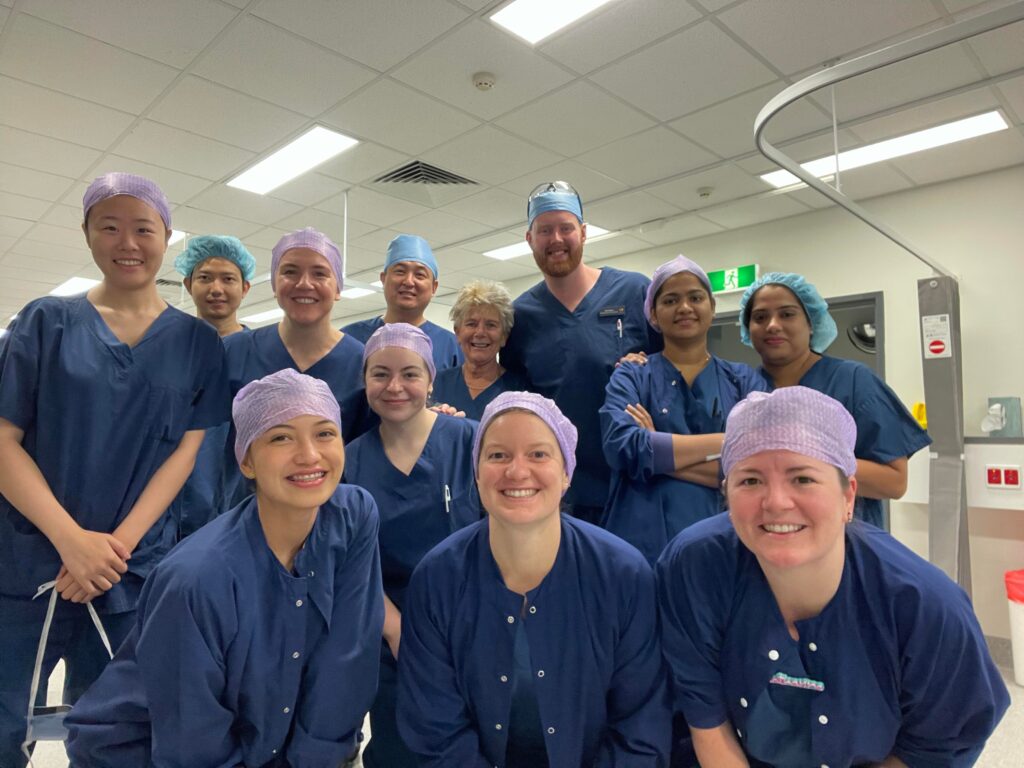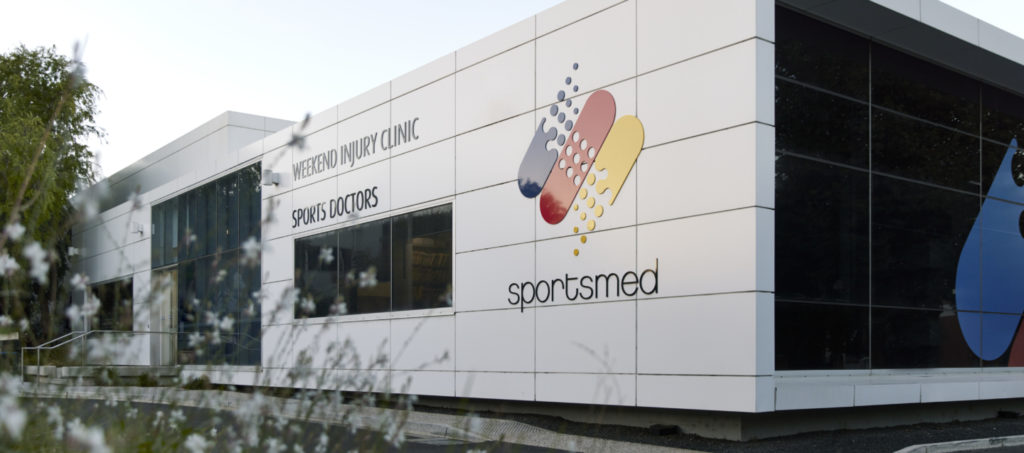How to (safely) improve your fitness this summer

Thinking of stepping up your exercise plans as the warmer weather dawns upon us?
Our Physiotherapist, Evan Ramos shares his top tips to help you stay healthy, motivated and determined as you start to ramp up your exercise over the summer months.
Welcome Trent Larwood

Get to know new sportsmed exercise physiologist, Trent Larwood.
The rundown on recovery

Regardless of your fitness level, recovery after a long-distance run or walk should form an essential part of your training program.
Introducing our new Type 2 diabetes eight week exercise program
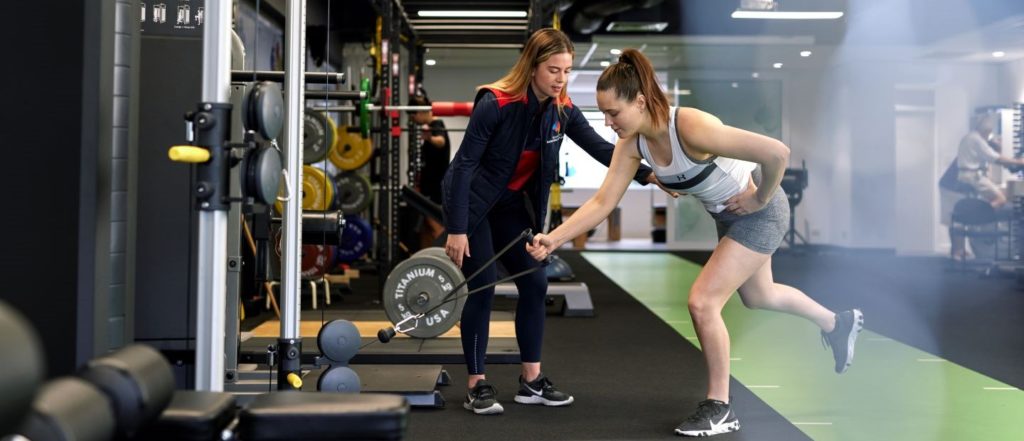
sportsmed Morphett Vale are now accepting type 2 diabetes Medicare referrals for Exercise Physiology services.
Your last minute guide to training for the City to Bay
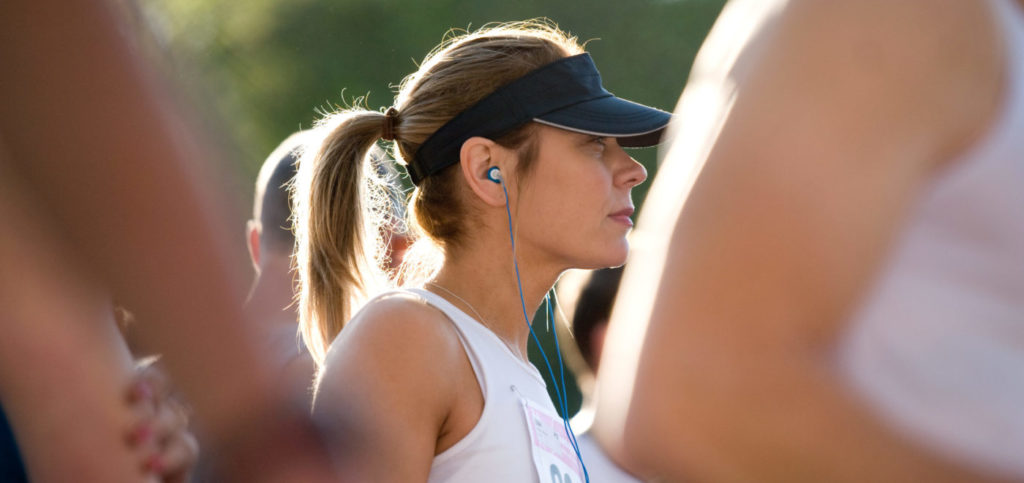
Left your run a little late when it comes to training for the City to Bay? Start your preparation with our Exercise Physiologist tips.
How neuromuscular control training can help reduce the risk of reinjury

Following a lower limb injury, traditional return to sport rehabilitation programs usually feature an emphasis on strength and mobility. However there is a strong case for incorporating neuromuscular control training, which encompasses both reflexes and voluntary muscle responses, to help reduce reinjury.
Our Mitcham gym reno is complete!

We’re very excited to share that work is now complete on our Mitcham gym refurbishment.
Welcome Brittany McEvoy
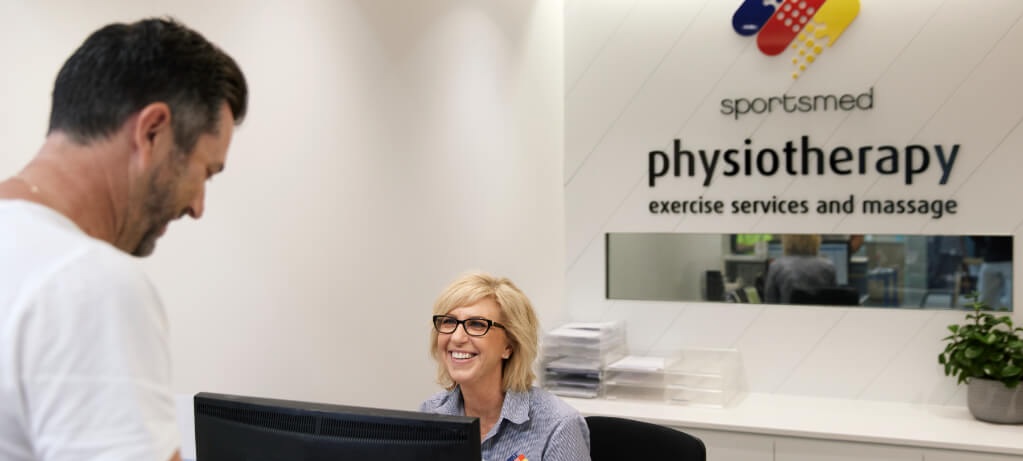
The sportsmed team are excited to welcome Brittany to our family.
Brittany will be working at the Morphett Vale clinic as an Exercise Physiologist.
We asked Brittany a few questions to get to know her better.
Why should you incorporate recovery runs in your training?
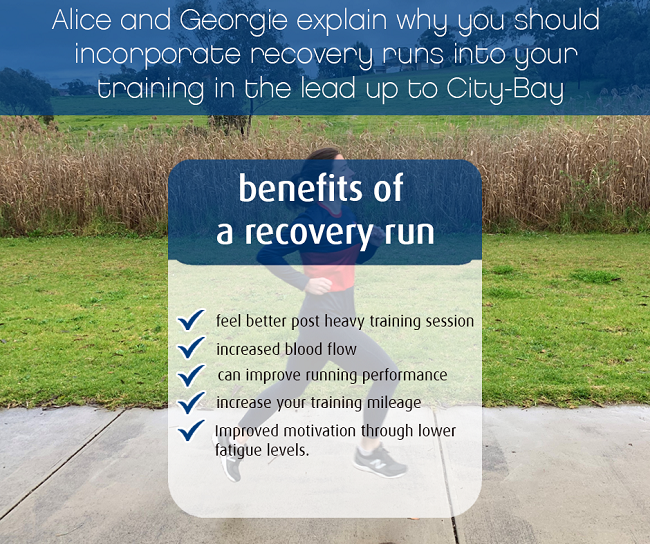
In recent years, there has been considerable controversy in Australia regarding surgery for degenerative tears of the medial meniscus. Critics cite epidemiological studies to support their view that such surgery is of no benefit and in many cases probably harmful (Buchbinder,R and Harris,I, Editorial, Medical Journal of Australia;197:364-5, 2012). And yet, knee surgeons continue to perform large numbers of partial meniscectomies in active people over the age of 40, adamant that in most cases patients are much better off than if the surgery had not been carried out.
Warm up stretches, hints and tips to help you perform at your best this city-bay
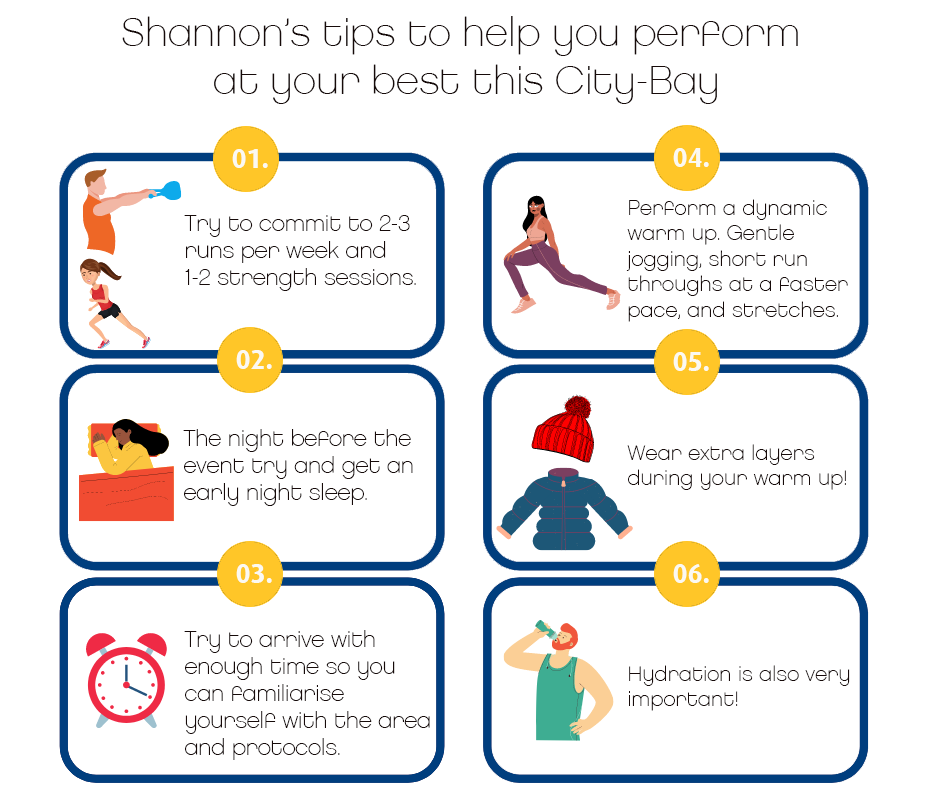
In recent years, there has been considerable controversy in Australia regarding surgery for degenerative tears of the medial meniscus. Critics cite epidemiological studies to support their view that such surgery is of no benefit and in many cases probably harmful (Buchbinder,R and Harris,I, Editorial, Medical Journal of Australia;197:364-5, 2012). And yet, knee surgeons continue to perform large numbers of partial meniscectomies in active people over the age of 40, adamant that in most cases patients are much better off than if the surgery had not been carried out.
Neuromuscular training key to controlling the risk of lower limb re-injury
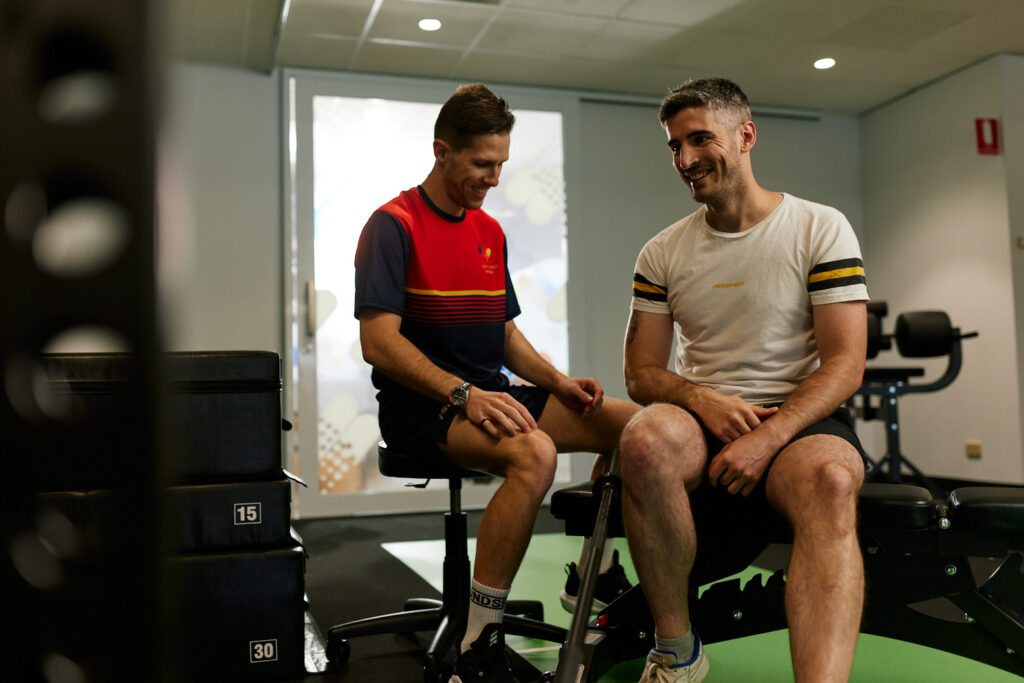
Encompassing both reflexes and voluntary muscle responses, neuromuscular control is critical to injury prevention.
